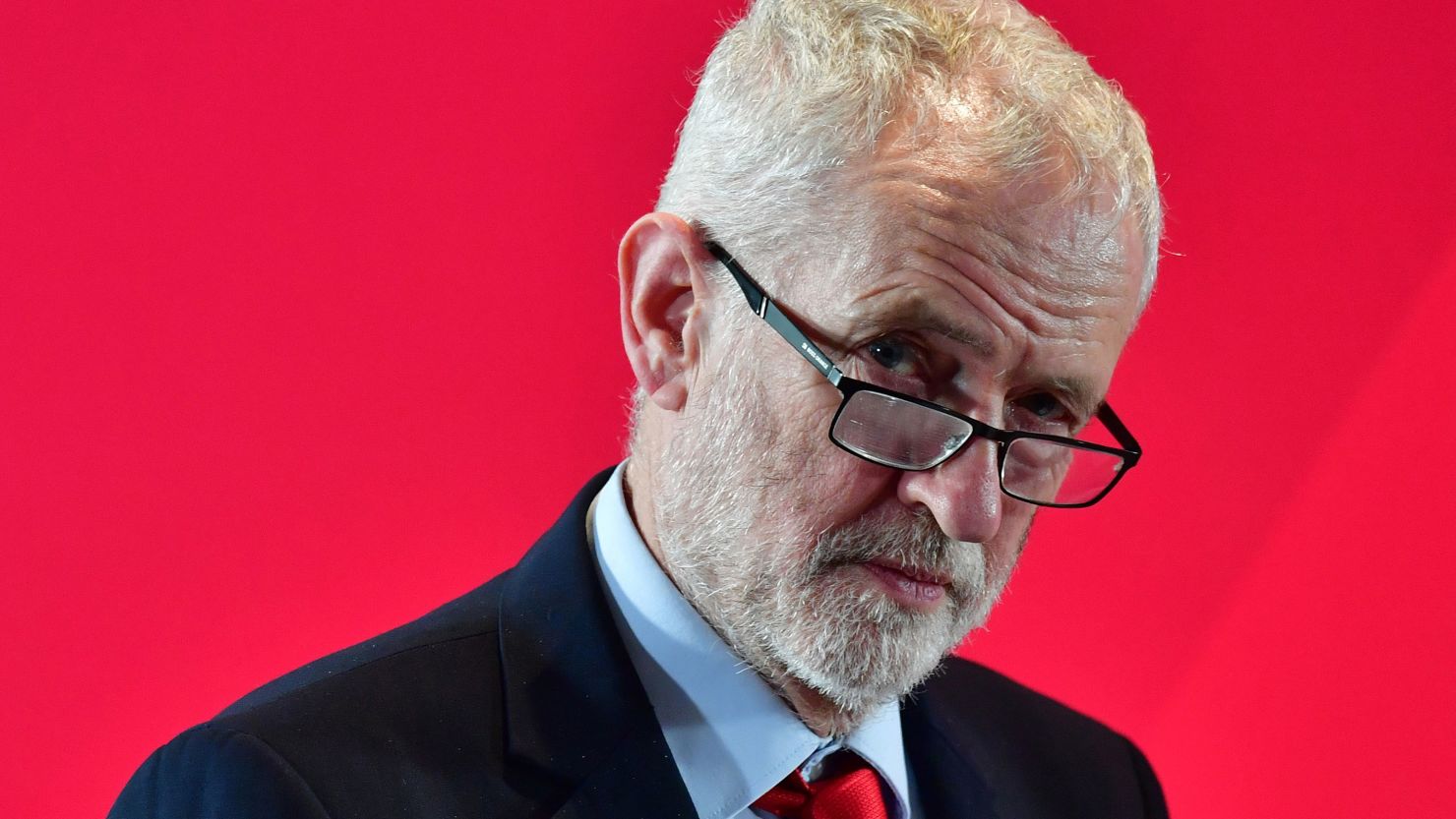Diplomatic Tensions High as European Trio Considers ‘Snapback’ Sanctions Against Iran
A scheduled diplomatic session is on the horizon in Istanbul, marking the first of its kind since Israel’s offensive against Iran in mid-June. This military escalation, including attacks on significant nuclear and military establishments, instigated a conflict lasting 12 days. Delegates from Iran will engage in discussions on the nuclear issue with their German, British, and French counterparts later this week. However, tension is high as there are looming threats of ‘snapback’ sanctions as prescripted in the 2015 treaty from the trio of European nations.
The Israeli aggression, resulting in the loss of life among elite military ranks, nuclear researchers, and collateral damage in civilian areas, also resulted in the stalling of negotiations on nuclear power between the United States and Iran that were initiated in April. Post these incidents, the E3 – Germany, Britain, and France, have hinted at triggering the ‘snapback mechanism’. By the close of August, this move could enforce United Nations sanctions on Iran again under the practically defunct 2015 nuclear agreement.
Prior to this, representatives from Iran relayed their apprehension over the possibility of Tehran withdrawing from the universal treaty on nuclear non-proliferation if the UN sanctions are reinstated. The reapplication of these sanctions may compound Iran’s status as a diplomatic outlier and exert even more strain on its and already desperate economic situation.
Israel’s diplomatic head, Gideon Saar, has publicly called on the European trio to initiate the mechanism. The June 13 violent military action by Israel against Iran took place a mere 48 hours ahead of the planned sixth round of talks on nuclear power between Tehran and Washington.
Observations from the International Atomic Energy Agency indicate that Iran is currently enriching uranium to a purity of 60 percent. This scale far surpasses the 3.67 percent limit as instituted under the 2015 treaty and dangerously approaches the enrichment level required for weapon production. Officials from Tehran have indicated their willingness to reassess the enrichment rate’s nature and scope, but are unwilling to compromise on their right to carry out uranium enrichment.
Israel and various western powers have persistently charged Iran with seeking to develop nuclear weapons. These are claims that Tehran has repeatedly and categorically refuted. The firm stance of Iran is not to relinquish its nuclear program, which, as per Foreign Minister Abbas Araghchi, is a symbol of ‘national pride’. The nation’s leaders have warned that any subsequent offensives will be met with an aggressive counter-response.
In a separate set of events, Jeremy Corbyn, the ex-head of the Labour Party, and Zarah Sultana, another previous Labour MP, have jointly unveiled a new political formation on the left in the UK. The birth of this new party is as a direct reaction to what the originators see as a damaged system and an inclination towards centrism in the conventional counteractive political landscape.
There has been a considerable amount of speculation and anticipation around Corbyn’s political trajectory once he made an independent bid during the 2024 UK general election. Corbyn succeeded in winning the constituency of Islington North for an astounding eleventh consecutive time. This freshly minted party has launched a public website to invite individuals to register themselves and participate in its activities.
In the meantime, representatives from the Green Party and others, focusing primarily on Gaza-related issues, have begun securing electoral successes. These are especially noticeable in constituencies where the Labour Party has experienced a dip in popularity due to its stance on foreign policies and social welfare measures. The dynamics of the UK’s longstanding bi-party system is experiencing continuous pressure.
Despite the hurdles, a section of political critics posit that this emergent party has the potential to influence the results in events of narrowly contested races. The party is still in the nascent stages of deciding its official name, but the fundamental infrastructure to support it already exists.
Corbyn’s Peace and Justice Project, established in 2020, is tasked with overseeing the organizational and digital framework of the party. Corbyn envisages that the movement will participate in nationwide elections beginning with the local electoral procedures in May 2026. If the initial response to and enthusiasm around the party persist, it may command a significant presence in the increasingly multi-faceted British political scene.
Meanwhile, only days after diplomatic representatives from the two nations conducted discussions in Turkey, any likelihood of a dialogue between Ukrainian President Volodymyr Zelenskyy and Russia’s Premier Vladimir Putin has been categorically negated by the Kremlin. Dmitry Peskov, the spokesperson for the Kremlin, stated on Friday that any prospects for a meeting between Zelenskyy and Putin before August concludes are ‘highly unlikely’.
Zelenskyy has been actively advocating for a summit-level discourse between the two nations to initiate a ceasefire as a preliminary effort to end the ongoing conflict. The terms for the cessation of their military engagement have been a focal point of their previous rounds of dialogue.

